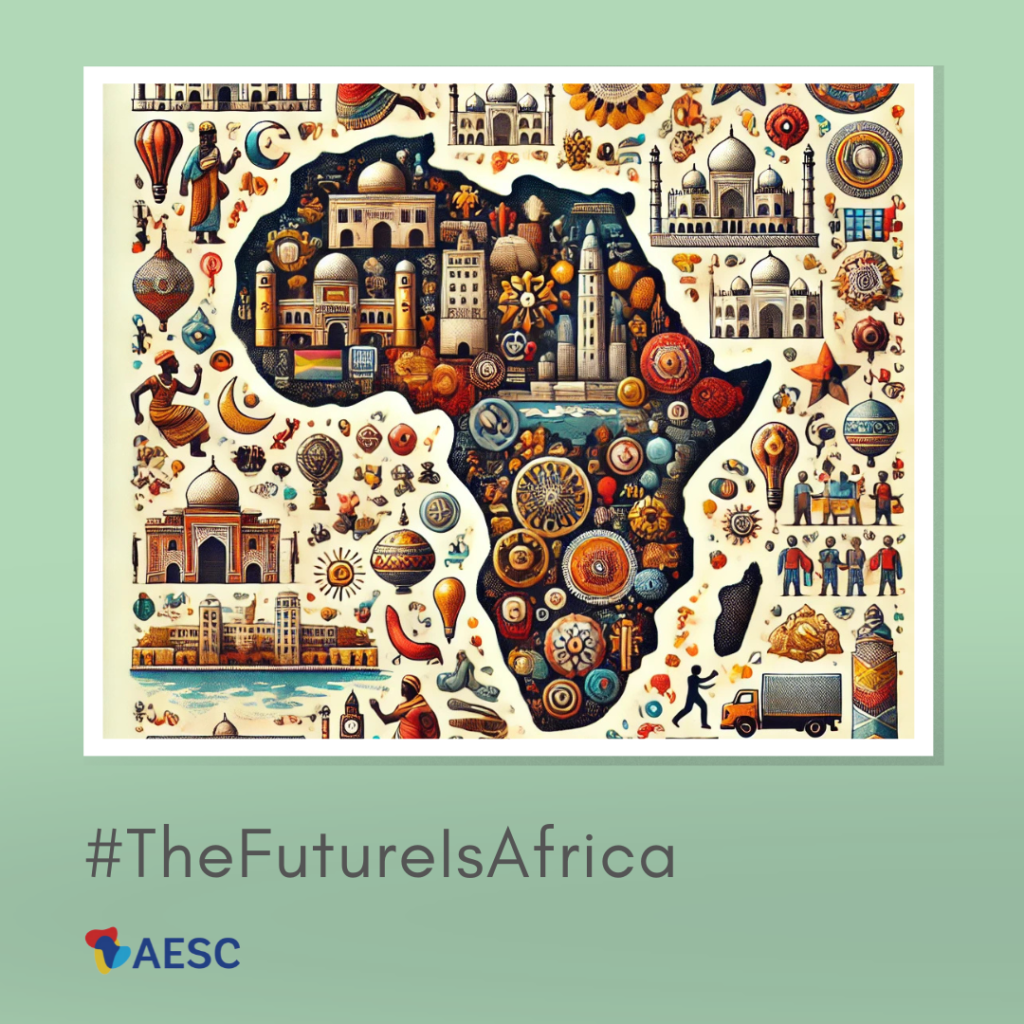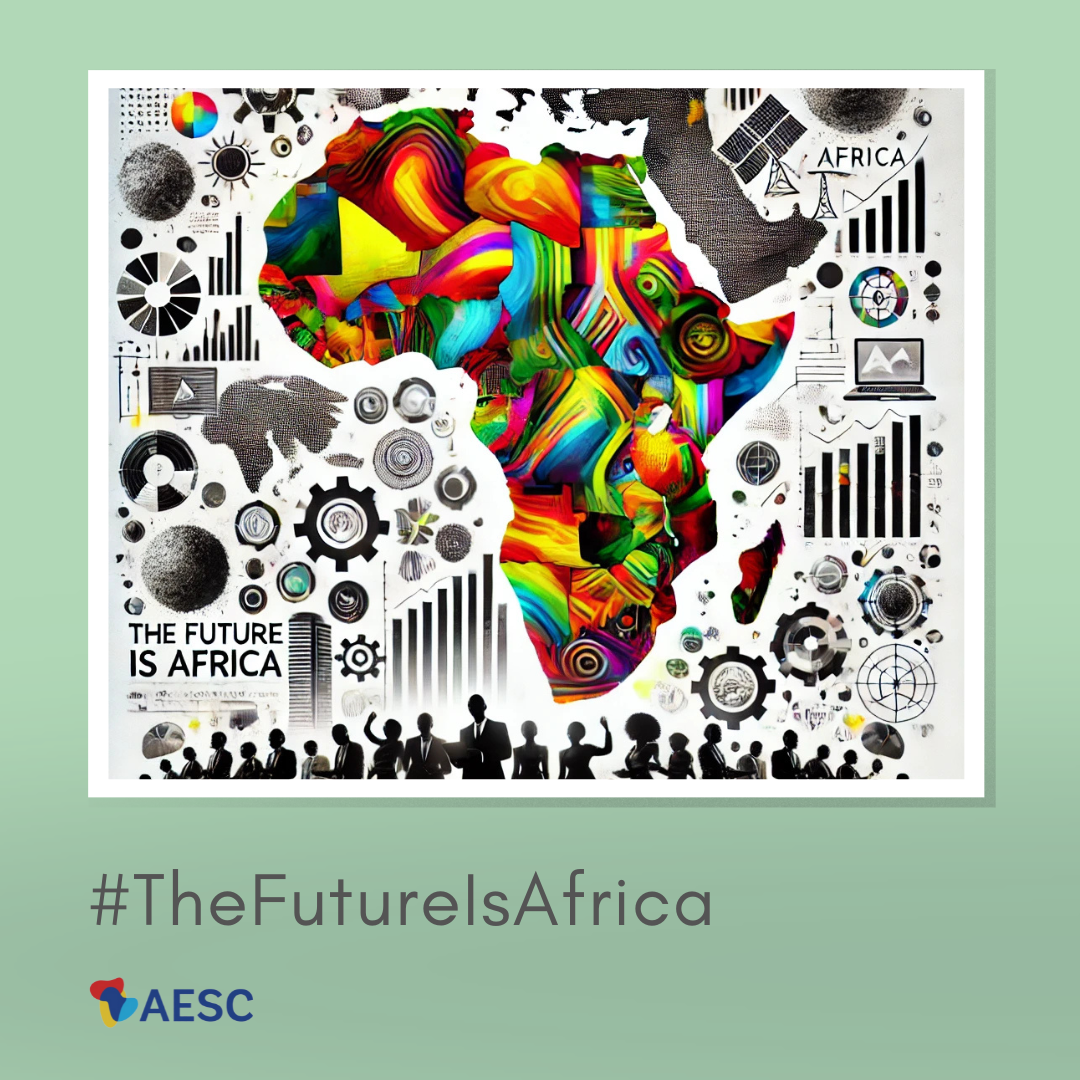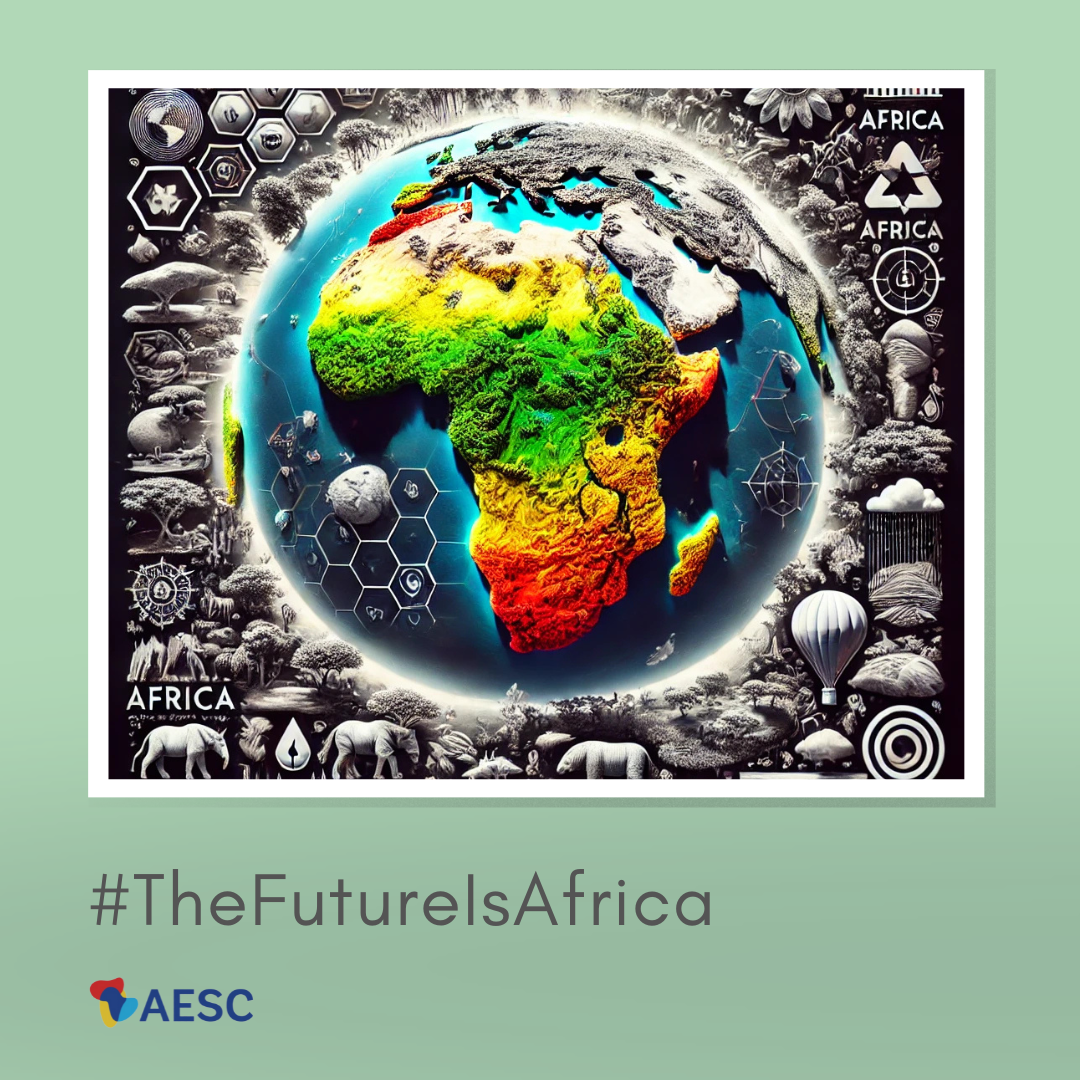
Culture: Africa’s Dynamic Blend of Tradition and Modernity
Africa’s cultural richness is one of its most defining and valuable assets. As a continent with over 1.4 billion people and 55 nations, Africa’s cultural expressions are as varied as its landscapes, encompassing art, music, dance, film, television, fashion, and gastronomy. From the Islamic influences of North Africa to the nomadic traditions of East Africa and the vibrant, contemporary lifestyles of the continent’s largest cities, Africa offers a unique combination of tradition and modernity. This dynamic blend not only attracts global attention but also drives economic growth and fosters innovation. Africa’s cultural diversity, resilience, and creativity are shaping a future where the continent is not only a global partner but also a trendsetter in the arts, media, and entertainment industries.
1. Artistic Heritage: From Ancient Traditions to Modern Innovations
Africa’s artistic heritage is deep and diverse, with expressions that range from ancient rock art in the Sahara to contemporary installations in Cape Town. The continent has long been a cradle of creativity, with art forms that are deeply rooted in cultural and spiritual practices. Traditional African art, such as wood carvings, masks, and textiles, is not merely decorative but serves as a medium for storytelling, spirituality, and social commentary. These traditions continue to influence contemporary African artists who blend ancestral techniques with modern aesthetics to create works that speak to both local and global audiences.
Across Africa’s major cities, the contemporary art scene is thriving. Cities like Lagos, Dakar, and Nairobi host vibrant art festivals and biennales that showcase emerging and established artists, attracting international audiences and collectors. The Lagos Biennial and the Dakar Art Biennale (Dak’Art) have become platforms for African artists to gain global recognition, highlighting Africa’s central role in the global art market. The success of these events demonstrates how Africa’s cultural heritage is being reinvented in ways that speak to contemporary issues, including identity, politics, and globalization.
2. Music and Dance: The Rhythm of Africa
Music and dance are at the heart of Africa’s cultural identity, serving as forms of expression that unite people across the continent and the diaspora. African music, with its rich rhythms, diverse instruments, and powerful vocals, has long been a source of inspiration for global genres such as jazz, blues, and hip-hop. Today, African artists are taking the world by storm with genres like Afrobeats, Kwaito, and Amapiano, blending traditional sounds with contemporary beats and electronic influences.
Afrobeats, which originated in Nigeria and Ghana, has become a global phenomenon, with artists like Burna Boy, Wizkid, and Tiwa Savage achieving international fame. These artists not only dominate charts worldwide but also collaborate with major international acts, bringing African sounds to a broader audience. The rise of African music in the global industry reflects the continent’s influence in shaping contemporary music trends, positioning Africa as a cultural leader in the entertainment sector.
Dance is equally significant in African culture, with traditional dances playing a vital role in community life, rituals, and celebrations. From the energetic movements of West African dance forms to the spiritual dances of the Maasai in East Africa, these performances are both cultural expressions and forms of storytelling. Contemporary African dance is also evolving, with choreographers fusing traditional techniques with modern and street dance influences. Companies like South Africa’s Vuyani Dance Theatre and Senegal’s Ecole des Sables are gaining international acclaim, demonstrating the versatility and dynamism of African dance.
3. Film and Television: The Rise of African Storytelling
Africa’s film and television industries are rapidly expanding, reflecting the continent’s rich storytelling traditions and the increasing demand for authentic African narratives. Nollywood, Nigeria’s film industry, is now the second-largest film industry in the world by volume, producing thousands of movies each year that resonate with African audiences and the diaspora. Nollywood’s success has been driven by its ability to tell stories that reflect the realities, dreams, and cultural experiences of Africans, offering an alternative to Hollywood’s narratives and showcasing the power of African storytelling.
Other regions are also gaining momentum. South Africa, Kenya, and Egypt have developed robust film industries that produce critically acclaimed films and series. For example, South African productions like Queen Sono and Blood & Water have achieved international success on streaming platforms like Netflix, reaching global audiences and showcasing African talent and creativity. The rise of African streaming platforms, such as iROKOtv, further highlights the continent’s potential in the digital entertainment space.
The impact of African cinema and television extends beyond entertainment. These industries are vital for job creation, with millions of people employed in acting, directing, producing, and technical support roles. The growing investment in film and television also drives infrastructure development, including studios and distribution networks, reinforcing the sector’s importance as an economic pillar.
4. Fashion: The Continent’s Influence on Global Style
African fashion is a thriving industry that reflects the continent’s creativity, heritage, and adaptability. Traditional textiles like Ankara, Kente, and Shweshwe are being reimagined by contemporary designers who fuse indigenous patterns with modern silhouettes, creating a unique African aesthetic that is gaining international recognition. Designers such as Nigeria’s Lisa Folawiyo, South Africa’s Laduma Ngxokolo, and Ghana’s Christie Brown have taken African fashion to global runways, highlighting the continent’s influence on global style.
Fashion weeks in Lagos, Johannesburg, and Dakar have become major events, attracting designers, buyers, and media from around the world. These events not only promote African fashion but also drive economic growth by supporting local artisans, tailors, and textile producers. The impact of African fashion goes beyond aesthetics; it serves as a means of cultural expression and empowerment, celebrating African heritage while promoting a new generation of designers and entrepreneurs.
African fashion is also gaining traction in the sustainable fashion movement. Designers are increasingly focusing on eco-friendly and ethical production methods, using locally sourced materials and supporting fair labour practices. By promoting sustainable fashion, African designers are positioning themselves as leaders in a global industry that is becoming increasingly conscious of environmental and social issues.
5. Gastronomy: Africa’s Diverse Culinary Landscape
Africa’s culinary heritage is as diverse as its cultures, offering a wide range of flavours, ingredients, and cooking techniques. From the spice-rich dishes of North Africa, such as Moroccan tagines and Egyptian koshari, to the savoury stews and grilled meats of West Africa, African cuisine is a celebration of the continent’s agricultural bounty and cultural diversity. Traditional foods, such as injera in Ethiopia, jollof rice in West Africa, and chakalaka in Southern Africa, are becoming popular not only within the continent but also internationally, as African chefs and restaurateurs expand their influence.
The growth of African gastronomy is supported by a new wave of chefs who are reinventing traditional dishes and introducing them to global audiences. Chefs like Pierre Thiam, who promotes Senegalese cuisine in the United States, and Siba Mtongana, a South African chef known for her television shows, are ambassadors of African food culture. Through cooking shows, restaurants, and cookbooks, these chefs are showcasing Africa’s culinary diversity and elevating its status in the global food industry.
The rise of food tourism in Africa is also significant, with travellers seeking authentic culinary experiences that connect them with local cultures. Countries such as Morocco, Ethiopia, and South Africa have become popular gastronomic destinations, where tourists explore street food markets, take cooking classes, and experience the rich flavors of African cuisine. This growing interest not only boosts tourism revenue but also supports local farmers, producers, and small-scale food businesses, contributing to sustainable economic development.
6. Blending Tradition with Modernity: The Uniqueness of African Culture
What makes Africa’s culture particularly compelling is its ability to blend tradition with modernity. In cities across the continent, ancient practices coexist with contemporary lifestyles, creating a vibrant and dynamic cultural landscape. In North Africa, the Islamic influence is seen in architecture, music, and culinary traditions, merging seamlessly with modern urban life. In East Africa, nomadic cultures such as those of the Maasai and Samburu people continue to thrive alongside bustling cityscapes like Nairobi, where technology and fashion flourish.
African cities like Lagos, Accra, and Johannesburg exemplify the continent’s cultural fusion, as they host booming art, music, and fashion scenes that draw from local traditions while embracing global trends. This combination of the past and the present, of the rural and the urban, makes Africa a unique and influential cultural force on the global stage. The ability of African societies to maintain their cultural heritage while adapting to modern influences not only sustains their cultural identity but also makes Africa a leader in global creativity and innovation.
Conclusion
Africa’s cultural wealth is a powerful force that shapes its identity and drives its economic growth. From art and music to fashion and cuisine, the continent’s ability to blend tradition with modernity makes it a global cultural powerhouse. As African culture continues to gain international recognition, the continent stands as a key player in the global cultural economy, offering a vision of the future that is diverse, innovative, and deeply rooted in its rich heritage. This cultural dynamism underscores why the future is Africa, as the continent not only preserves its traditions but also pioneers new paths in global cultural and creative industries.



